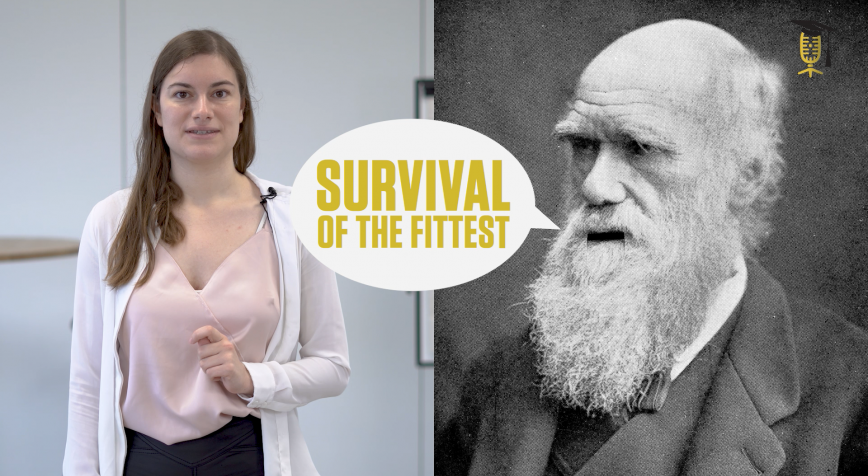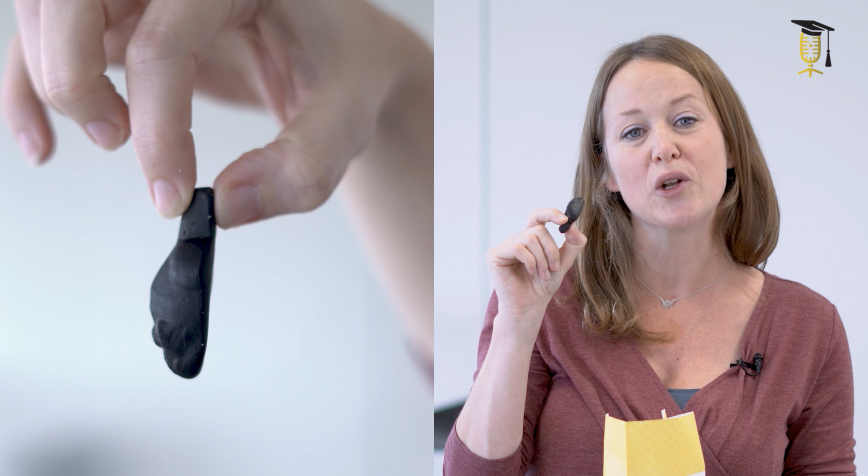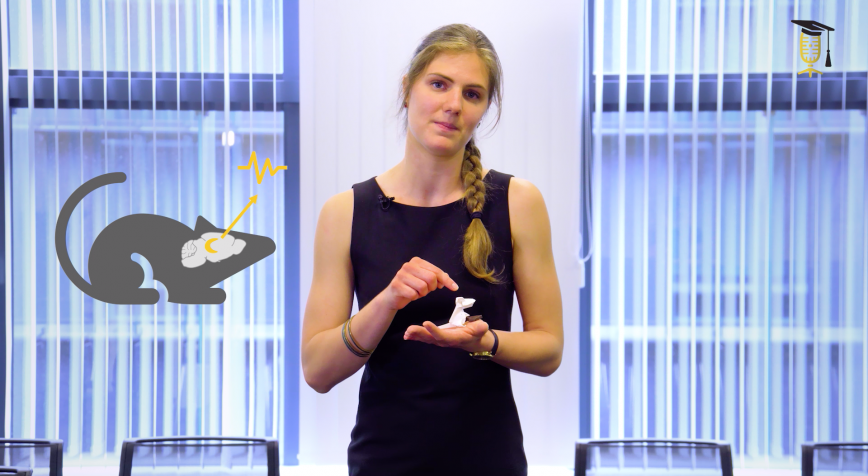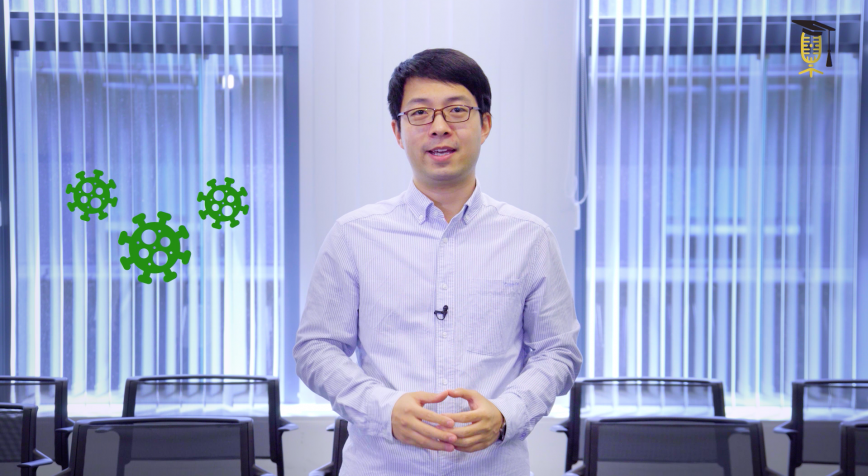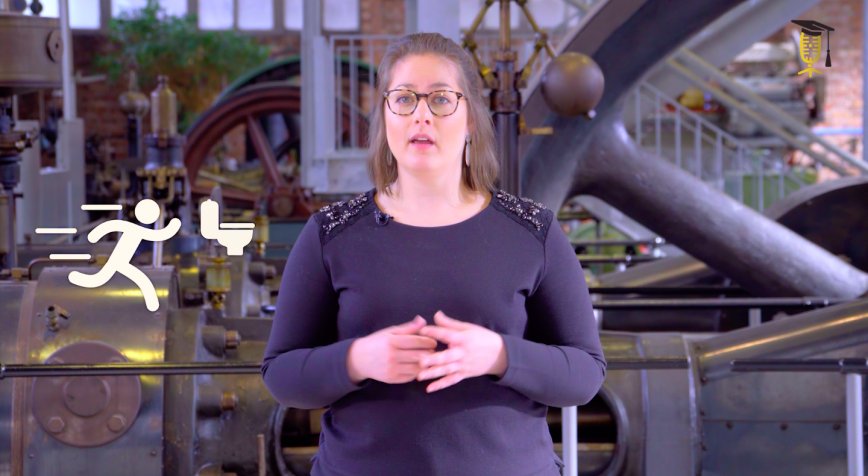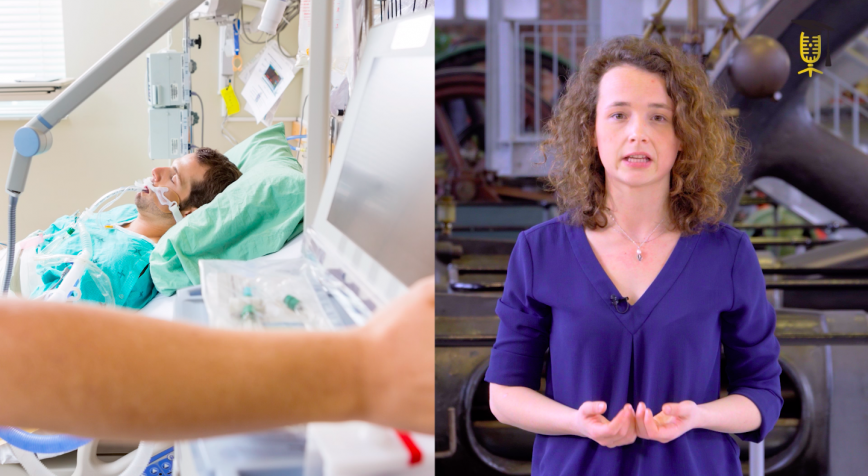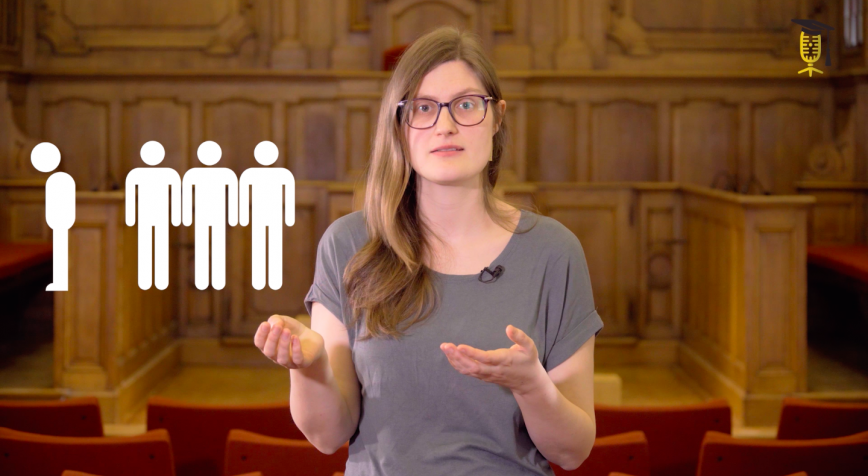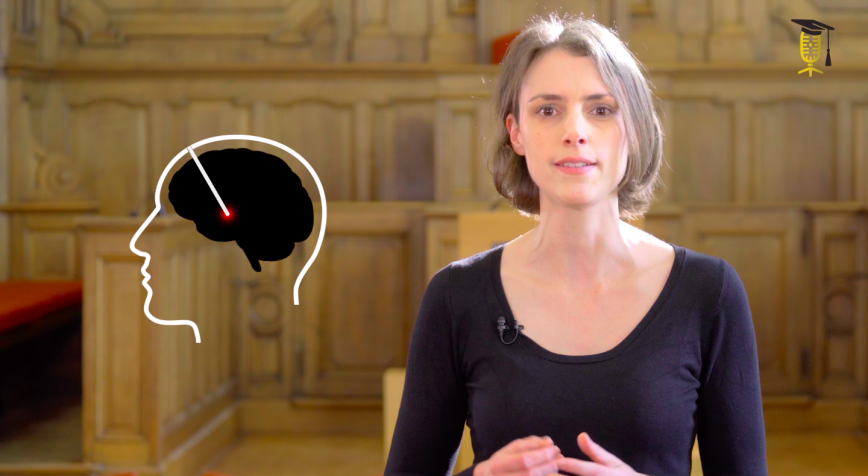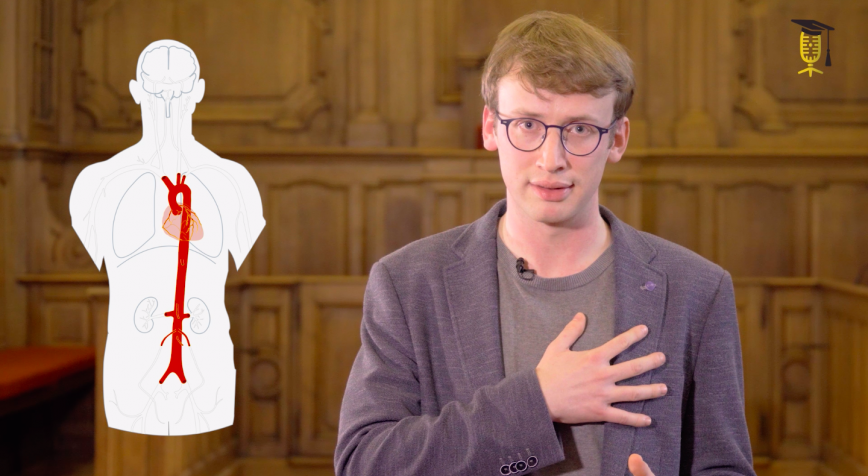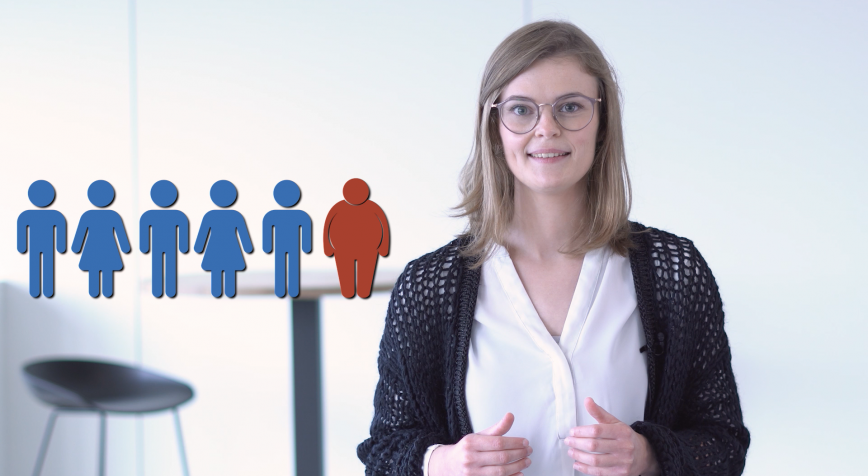
UGent
VIB
Fatty Liver Disease: the challenge for the Western world
One in six Belgians is obese and thus runs an increased risk of non-alcoholic fatty liver disease. This disease can affect the entire liver, in which case a liver transplant is needed to save the patient. Anneleen Remmerie (Ghent University - VIB) is looking for a way to combat the disease without the need for a new liver.
